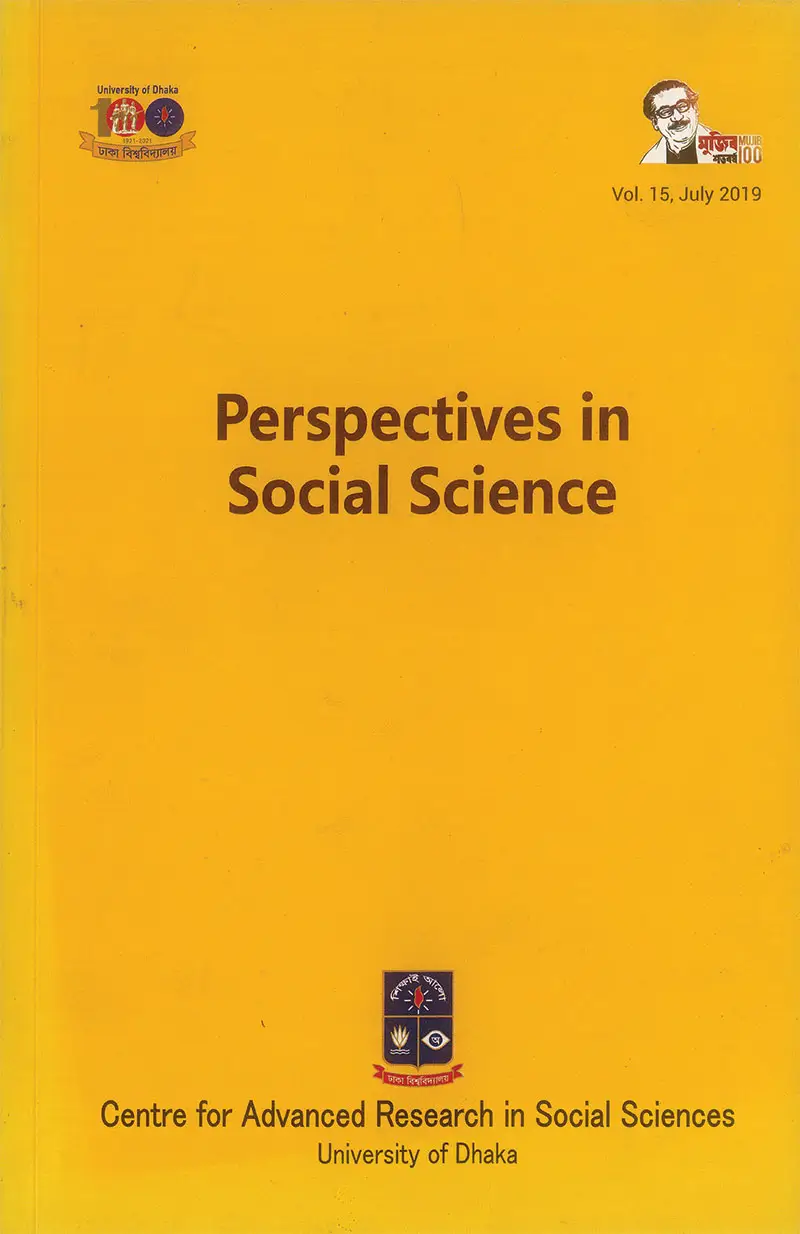
Perspectives in Social Science
Volume 15 July 2019
ISSN : 2957-5001
Perspectives in Social Science
Representative Government by Phases as Colonial Legacy: A Case Study of British India (1861-1935)
Perspectives in Social Science
Volume 15 July 2019
DOI:
ISSN : 2957-5001
Abstract
Representative governments, particularly in the post-colonial independent states, are deemed as outcomes of colonial rule and popular demand in the respective areas. Representative government in India, whether an ascription by the British colonial rulers or a gradual evolution in course of time through introduction of different Acts by the then British rulers and acceptance or rejection by the political elites of British India, is an intensive subject of scrutiny. It is because India, in practice of representative democracy, is considered as the largest one in the world considering its population size. Since institutions determine resource allocation and human behavior in the society, representative government is the mainstay of establishing an equitable and just system for a highly diversified society like India. As the highest authoritative body of the country, the government of India being a representative institution plays the pivotal role in ensuring stability of the country. So, the inclusion of local people in the government structure, particularly in the legislative bodies with more popular participation had been made in course of time because of people's demand. Representative government here has evolved through legislative measures by the colonial elites.
Keywords:
Representative Government, Government of India Act, Colonial legacy, Evolution, India
